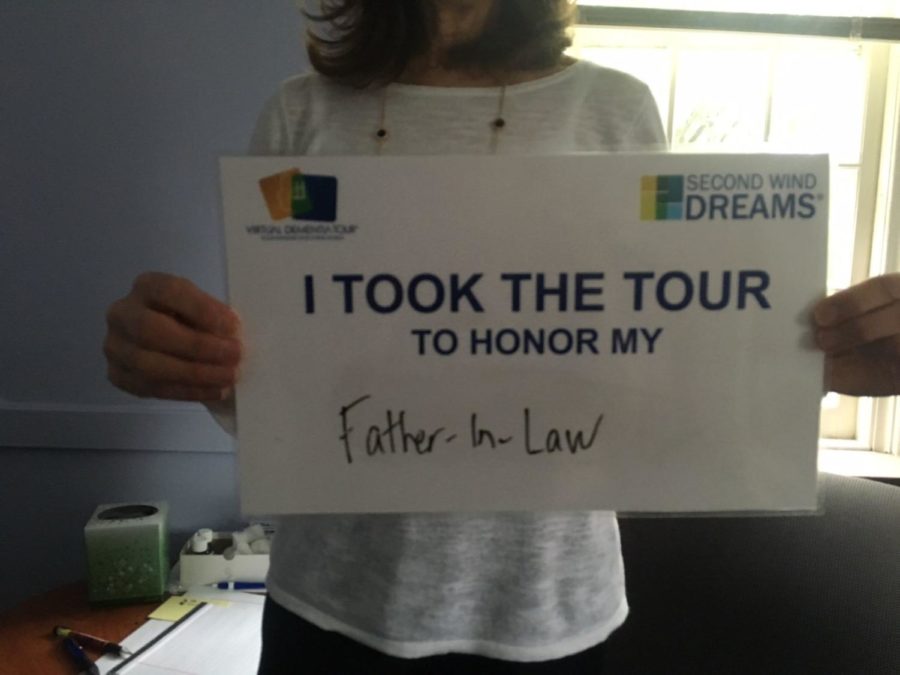Virtual Dementia Tour to provide insight on the condition
May 9, 2016
This Wednesday UK employees — and retirees— can understand what having dementia is like via virtual tour.
“The Virtual Dementia Tour is a product of Second Wind Dreams. It was developed by a women named P.K. Beville,” UK Elder Care Coordinator Terri Weber said. “It’s a simulation.”
Wednesday at the Commonwealth House, between 11:00 a.m. and 1:30 p.m., UK employees can take advantage of an experience to gain sympathy for those who lose brain functions from this condition, mostly affecting those above 60.
“The reason it (the simulation) is really important is for empathy. If you are a caregiver with someone with dementia it is very difficult,” Weber said. “If you are having someone constantly repeating the same question over so many times that you are about to lose it, you need empathy.”
UK employees wanting to go the tour need apply by appointment. Weber said that UK employees are usually the only ones allowed on the virtual tour, but the simulation has in the past been open to pharmacy students.
“This is not just a social issue, it is a workplace issue,” Weber said. “So all of the people here who work at UK could be a caregiver of someone who has dementia or Alzheimer’s. And it affects how they do their job, it affects their productivity, it affects how they manage their time.”
Alzheimer’s and dementia, in general, are on the rise. According to Weber, there are 5 million Americans living with either of the conditions.
“Maybe going through this will give you a little insight to what their world is like,” Weber said.
One part of the simulation is that of wearing gloves that simulate muscular movement inability, or the feeling of arthritis.
“It’s a simulation, so we garb you,” Weber said. “Pretty much, we are trying to alter your sensory and your physical ability by garbing you in different gear.”
Also one would wear goggles that blur their vision, or make it hard to see, like vision that could be common for one with dementia.
“We’ve had several different reactions to it,” Weber said. “Some people are just amazed. Some become really saddened by (the simulation), especially if one of their relatives has (dementia). It can have a pretty deep effect on people.”
To make an appointment for the Virtual Dementia Tour, contact Terri Weber at 859-218-0457 or terri.weber@uky.edu.



























































































































































